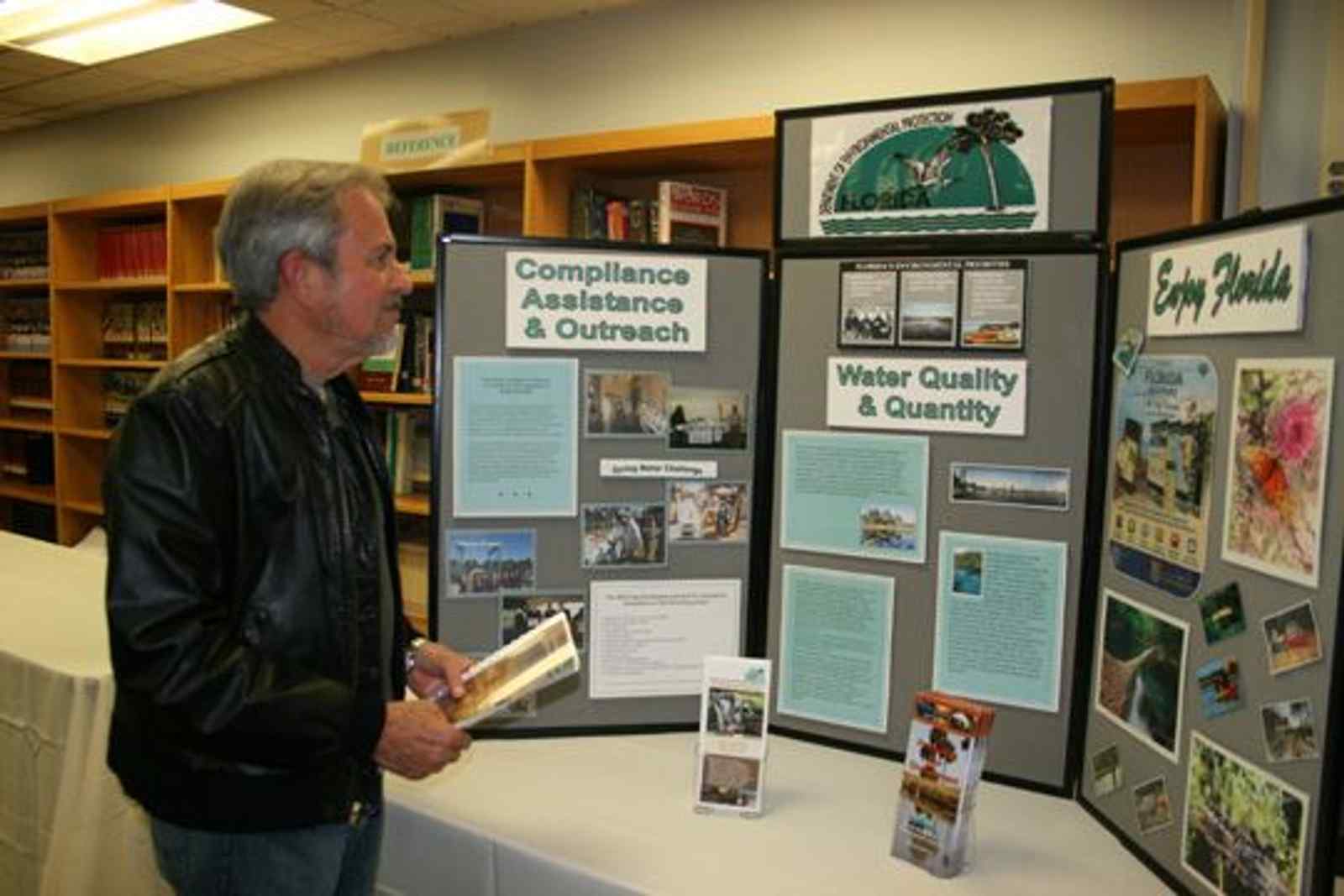Financial News & Daily Record: Proposed LNG plant on Northside has early support
Dot Mathias’ passion for civic affairs is legendary. When she is concerned that a development may do more harm than good, she can be tenacious.
It works the other way around, too.
Mathias said Wednesday night she and the 19 North Jacksonville Civic Association neighborhoods she represents are staunchly supporting a proposed maritime liquefied natural gas export terminal on Zoo Parkway.
Houston-based Eagle LNG Partners is in the early stages of obtaining regulatory and permitting approval for a 197-acre holding terminal that can contain three 300,000-gallon natural gas liquefaction and purification facilities.
Company officials say they hope to begin construction by mid-2016 and open the facility by early 2018. The project planned is just west of Broward River near Drummond Creek.
Through the years, Mathias and her neighbors have waged public battles against a coal-fired power plant and a hazardous waste storage facility, among other projects.
“Liquefied natural gas is a clean fuel — something that we have always supported. It’s good for the environment instead of being dirty, like coal,” Mathias said at a federally required open house at Highlands Middle School.
Eagle LNG will host a second open house at 6 p.m. today in the Samburu Conference Room at the Jacksonville Zoo and Gardens.
Conceived in 2013 as a facility to serve the domestic market, the Eagle terminal is now planned primarily to export LNG to the Caribbean and other overseas markets.
Additionally, the facility would fuel ships serving the East Coast, along with domestic commercial vehicles. LNG costs 25 to 50 percent less than diesel fuel.
The Jacksonville plant would receive natural gas from an existing pipeline, chill it to liquefied state at 260 degrees below zero, and store it at low pressure for delivery.
Dozens of civic leaders and a handful of area residents attended Wednesday’s event.
“Throughout the federal regulatory process, there’s a lot of scrutiny on safety. They do a good job of it and that provides additional comfort for local residents,” Eagle LNG President Sean Lalani said.
Richard Skule of Jacksonville’s Southside said although his father worked for the East Ohio Natural Gas Co. – when a 1944 explosion killed 130 people and crippled the natural gas industry – he fully supports the Eagle LNG project.
“There are a lot of things in place to prevent anything like that from ever happening again,” said Skule, who said he was on hand Wednesday because of his inherent interest in large energy projects.
“I guess I get my interest and curiosity from my father,” he said.
A partnership of Ferus Natural Gas Fuels LP and GE Ventures LLC, Eagle is seeking approval from the Federal Energy Regulatory Commission, the agency responsible for reviewing LNG import and export facilities. Public input is invited throughout the process and will be solicited at upcoming public hearings that have not yet been scheduled, a commission official said.
Eagle LNG officials said although some people are initially wary about the prospect of a natural gas facility in their communities, they are not aware of any opposition to the Jacksonville project.
“As soon as you are able to distinguish between LNG and LPG (liquefied petroleum gas) and that it’s the same gas you use for barbecuing, people are able to get past any confusion or concern for safety,” said Dario Alvarez, Eagle’s public relations manager.
A March 2014 blast at a LNG facility in rural Washington state was a rare safety-record blemish among dozens of U.S. plants and storage sites, including many located amid Northeast population centers. Four people were injured in the Washington incident, none seriously.


